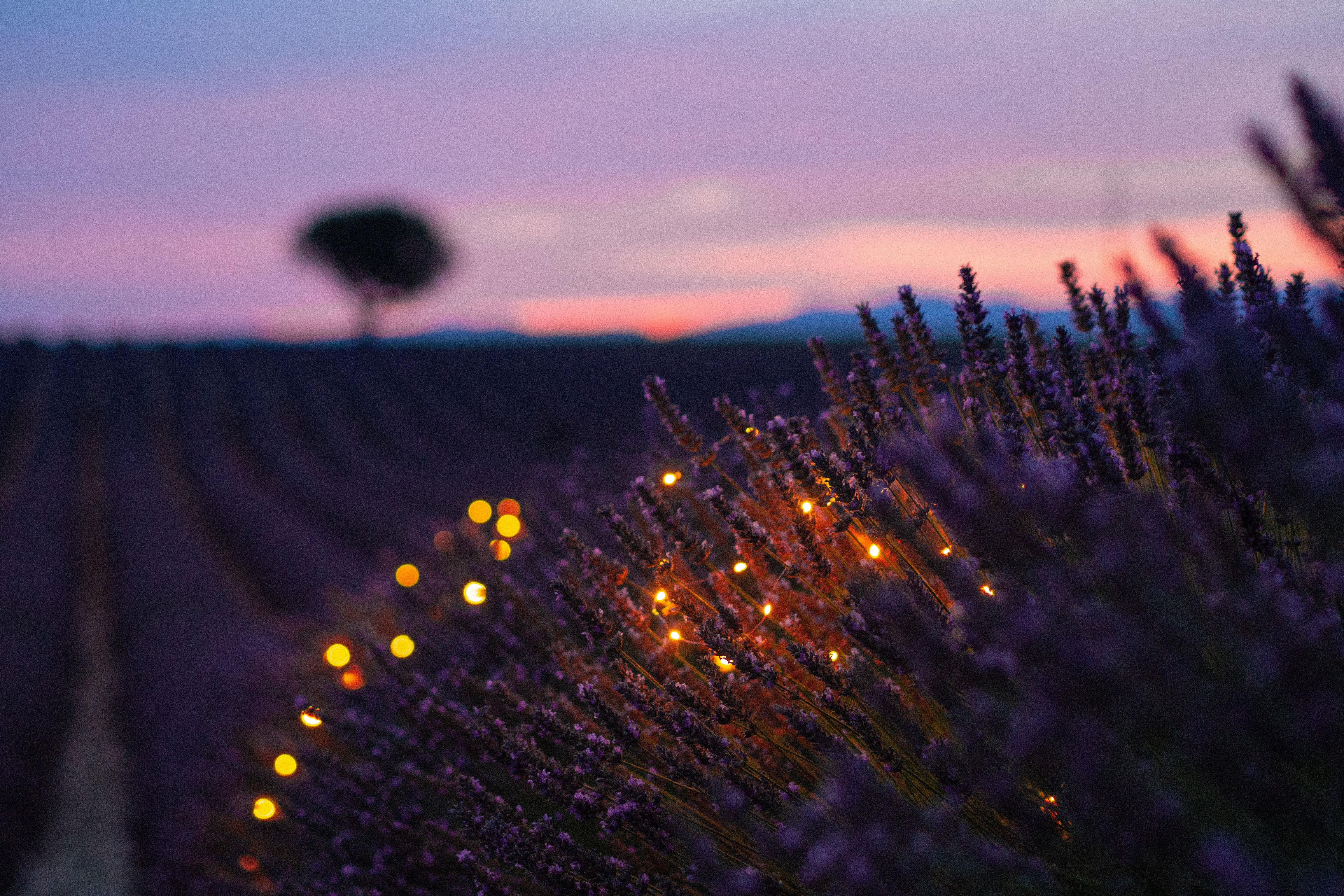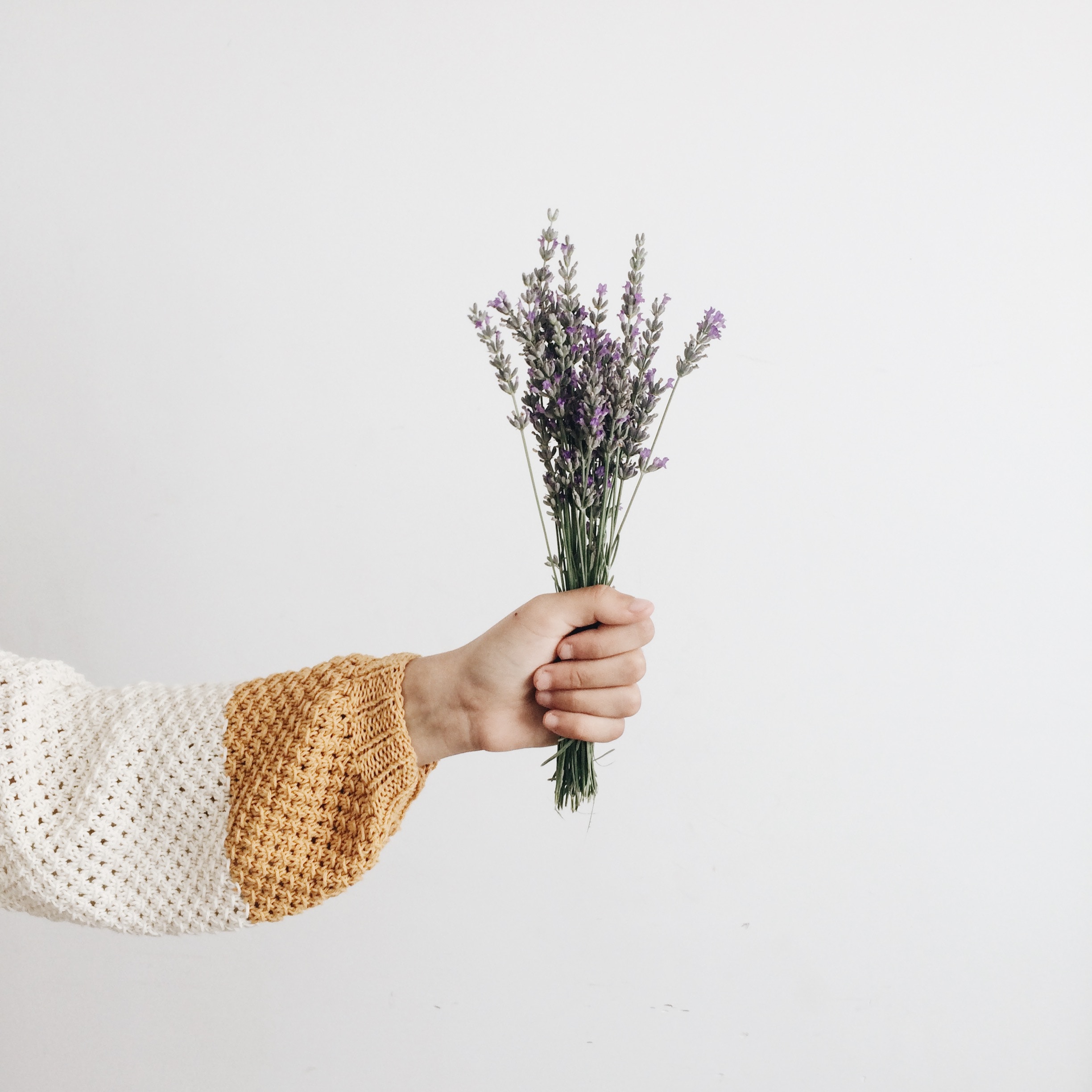Introducing lavender, a plant used in countless teas and infusions! But what are our ties to this herb? What are the properties of lavender ? What lavender teas can we enjoy? This article will give you all the answers!
The history of lavender
Did you know? The name lavender comes from the Latin word lavare, meaning “to wash.” This etymological shift occurred in Ancient Rome, when people used the flowers to add fragrance to their baths. They were also added to washing products to lend a gentle scent to clothing.
Many years later in the 16th century, the people of Provence in France distilled lavender to heal wounds and also used it in deworming.
In the 18th century, lavender helped fight against the plague along with a number of other herbs.
The perfume industry then began to develop in the 19th century and lavender was grown on a massive scale.
Today, this medicinal plant is appreciated for other properties aside from its fragrance, and comes in every form including tea, oil, and honey. Read on to find out more!

The benefits of lavender
Relaxing
If you take more than 20 minutes to fall asleep, you should try lavender!
This plant is claimed to have a sedative effect and therefore reduce the time it takes to fall asleep while promoting better sleep quality. We recommend creating an evening ritual focused on relaxation, and making a lavender tea before bed.
And to make sure you don’t miss the sandman, put a drop of lavender essential oil on the collar of your pajamas or on a tissue placed under your pillow!

Soothing
If you have any aches and pains, lavender can be a go-to home remedy.
For headaches, simply rub a drop of essential oil into each temple and the lavender should relieve the pain within a few minutes.
If your stomach is feeling a little queasy, dilute a tablespoon of lavender hydrolat in a glass of water. You should feel the effects within 15 minutes of drinking it!
Did you know?
Some doctors perfume their waiting rooms with lavender essential oil as it is said to reduce feelings of apprehension in their patients!
This plant may also have healing properties. Lavender can be used to soothe sunburn, burns, and even bee stings! Simply rub the flowers on the wound.
It can even be effective in treating sore throats! Boil lavender flowers in water, strain, add a spoonful of honey, and enjoy. The anti-inflammatory properties should make you feel better!




